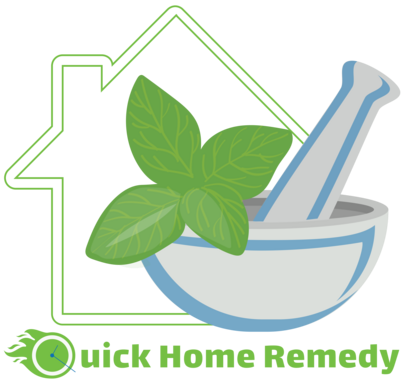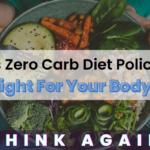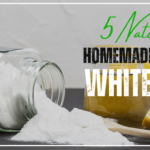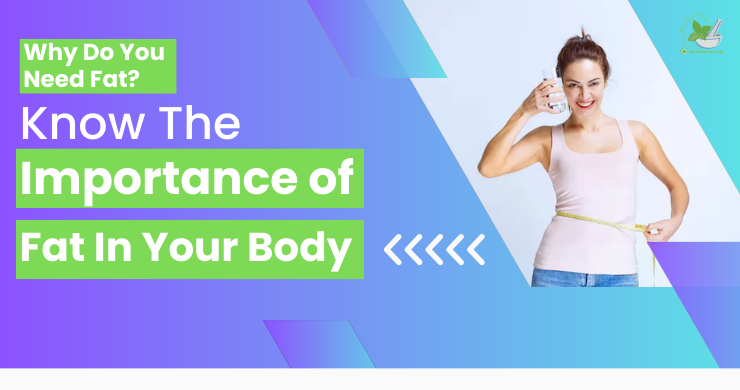
A lot of people feel that fats are bad for the body. In the last few years, a lot of fat-free diets have been making the hype.
Well, some types of fats are important for your body, and when taken in moderation, they can work effectively when it comes to designing your own weight loss programs. Moreover, a certain amount of fat is needed for our body to function properly.
So, do you know 4 important functions of fats before you plan to eliminate fats completely from your diet?
Ways in which fat helps the body functions
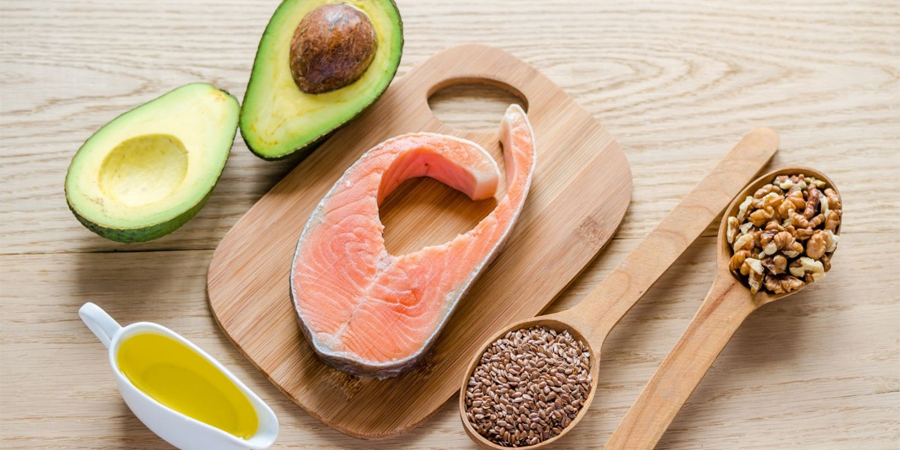
- Of all the body tissues, fat is an important component that helps in the development of cell membranes, brain tissues, and the retina.
- It helps in the development of the growth of infants and in your adulthood.
- It helps to store energy, insulate us, and protect our body organs. It helps to maintain your core body temperature.
- Fats are responsible for making hormones.
- Fat is the main source of energy in our body. Fat gives our body calories, which our body needs to make energy.
- Fat needs to be consumed because fat absorbs certain vitamins, as in, vitamins A, D, E, and K.
- Omega-3 fat is important for nerve, heart, and brain function.
So, ignoring the importance of fat in our body is certainly not a good thing. If you are weight and diet conscious, then include healthy fat foods that you will enjoy, and they will also support your weight loss plan.
What about heart diseases, then?
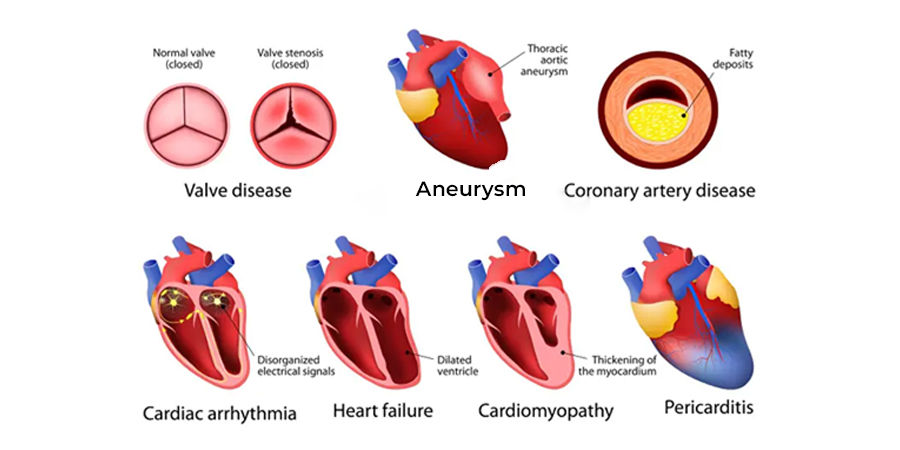
An alarming rate of heart diseases is a big concern that people have started ignoring fats. However, those people suffering from these diseases rely deeply only on fatty foods, and the intake of fat is more than what the body requires.
For example, water is important for our body, but what happens when you drink too much of it in a short time? It can be dangerous too. It can result in water intoxication, also called hyponatremia. It drops sodium levels in the bloodstream which can result in seizures, coma, or death. It is the same thing with fat. You need to be careful when including fat in your diet.
Good fats are really good for the body, and it protect our hearts. It keeps you healthy. Bad fats do exactly the opposite. They damage the heart and increase the risk of diseases. So, choose wisely.
Healthy fats are beneficial for the body
Per gram of oil supplies 9 kilocalories, and therefore, it is an energy-dense macronutrient. If you consume healthy fats that are monosaturated and polyunsaturated types, it can supply additional calories. Two essential fatty acids for the body are linoleic acid and alpha-linolenic acid, which help to use fatty acids for the development of tissues.
Some examples of healthy fats are grass-fed beef, coconut, dark chocolate, avocados, nuts, yogurt, wild salmon, canola oil, olive oil, and a lot more. These are the right kinds of fats, which can help your body immensely. It will increase the metabolic rate, increase satiety, protect against heart diseases, and speed the nutrients. Let’s check some more information on these foods and how they can help your body in several ways.
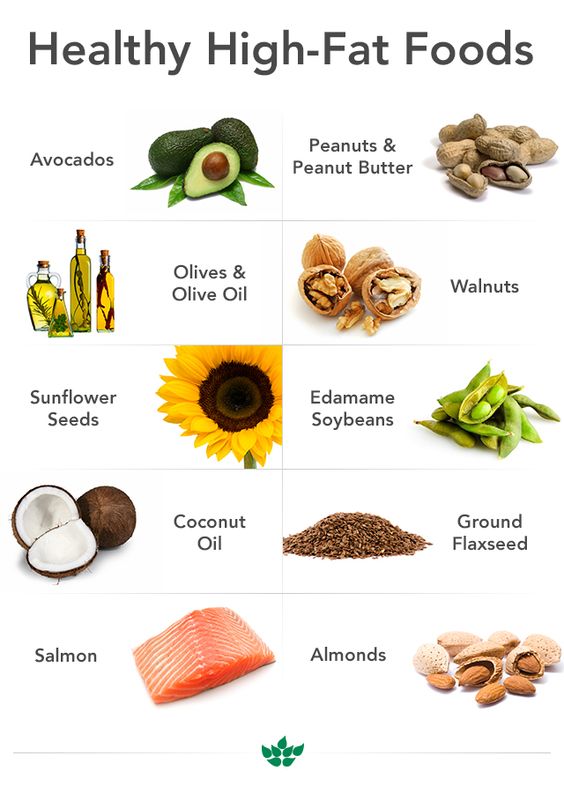
- Grass-fed beef is high in stearic acid and omega-3 fatty acids and reduces LDL cholesterol in the body. It offers fewer amounts of calories than conventional meat.
- Coconut is high in saturated fat, and it battles the bacteria in the body and also improves cholesterol levels.
- Avocado is a wonder fruit that is rich and creamy, unlike butter. They are packed with healthy monosaturated fats that are vital for the body and help in quiet feelings of hunger.
- Dark chocolate staves of hunger and helps to lose weight
- Nuts reduce fat storage and improve insulin metabolism.
- Yogurt is packed with protein and calcium, which serves different body functions too
- Include wild salmon in your diet and it offers heart-healthy omega 3 fatty acids
- Olive oil is rich in cancer-fighting polyphenols and is it in dressings and sauces as this serves the purpose of satiety
So, now you know what food sources of fats are, and eating super-healthy fat foods can be very beneficial for the body.
No fat, no health, no taste
Vitamin absorption:
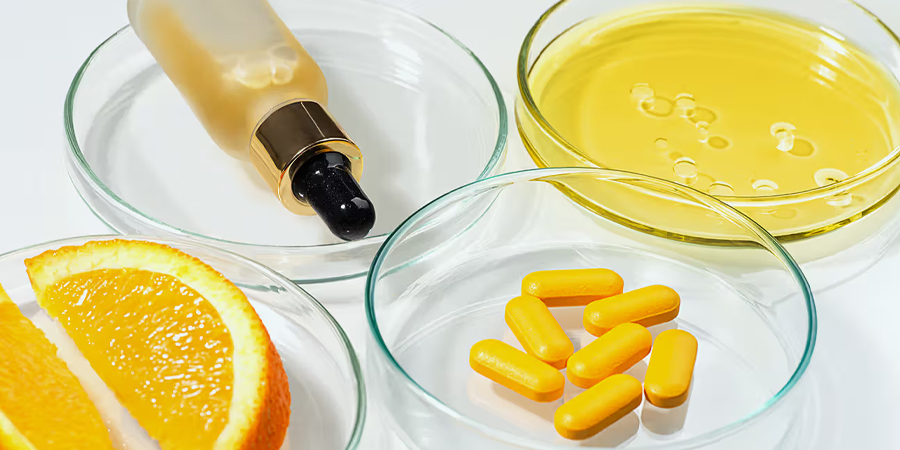
Vitamins A, D, K, and E are fat-soluble, and these need to be absorbed well by the body. If you cut on fats completely, then you may develop vitamin deficiency. Vitamin deficiency causes night blindness, weak bones, etc.
So, deficiency of fats can cause many diseases. If your child is deprived of essential fatty acids, then he or she may experience abnormal vision, skin problems, and growth faltering. Docosahexaenoic acid, or DHA fatty acid, helps in brain development.
Cushioning:
Fats provide a layer of cushioning to essential organs of the body, and not including it in your diet will make you unhealthy.
Infant development:
For pregnant women, in the last trimester, the need for DHA is important for infant development. Breast milk provides DHA, and pregnant women must have foods rich in DHA. It is found in fatty fish, eggs, etc.
Flavour:
There are some amazing functions of fat in food. It not only impacts nutrition but the flavor and texture of the food too. It creates a glossy and moist texture of food. It helps in emulsions too, which means it helps to disperse water and oil. It is effective to deliver calories in food when needed. It delays the feeling of hunger and keeps us full.
Use protein as energy.
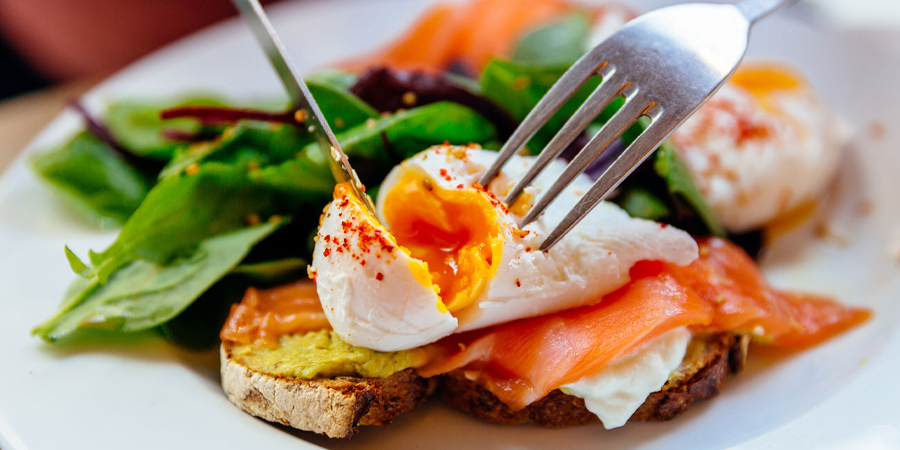
Proteins are the least favorite to be used as energy in the body. The body may use them for energy, and fat plays a major role here to do so. Proteins are made of amino acids, and they can be used as energy only when the body needs them to be converted into sugar. Fat helps protein energy in the body to be used.
Choose low-fat foods and make a diet plan that is highly balanced and nutritional. You should get enough amounts of carbs, proteins, and fats in the body to work out well, lose weight, and stay healthy. If your body is deprived of these essential nutrients, you may feel sick, or the results will not be for the long term.
